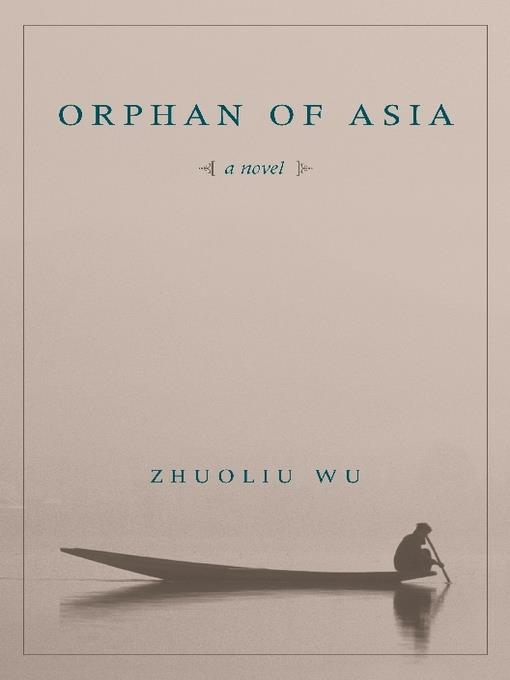
Orphan of Asia
Modern Chinese Literature from Taiwan
کتاب های مرتبط
- اطلاعات
- نقد و بررسی
- دیدگاه کاربران
نقد و بررسی

October 1, 2005
The "Modern Chinese Literature from Taiwan" series previously introduced Wang Chen-ho and Huang Chun-ming, two important Taiwanese novelists of the Xiangtu literary movement (1966 -78) who often wrote about the identity crisis experienced by Taiwanese country folk when their traditional values are challenged. This entry in the same series, written by popular Taiwanese writer Wu ("Potsdam Section Chief"), follows this theme, but on an epic scale. Spanning the several decades when Taiwan was under Japanese occupation, it tells of a Taiwanese man, Hu Taiming, who encounters discrimination in Japan and mainland China because he cannot speak proper Mandarin. In Taiwan, he witnesses fellow Taiwanese shame themselves before Japanese authorities for personal gain. As the Sino-Japanese War opens, he is forced to return to China to fight his country people. Because he does not identify with the Taiwanese, the Chinese, or the Japanese, he drifts through life as an educator, an accountant, and a solicitor for a journal before finally going insane. "Orphan of Asia", originally written between 1943 and 1945, is here translated into English for the first time; it serves as an eyeopener to a less well-known chapter of Taiwan's history and is recommended for academic libraries and the central branches of public libraries. -Victor Or, Vancouver & Surrey P.L., B.C.
Copyright 2005 Library Journal, LLC Used with permission.

November 1, 2005
Wu's autobiographical novel, completed in 1945 at the end of Japan's colonial rule of Taiwan, and here translated into English for the first time, traces the path of Hu Taiming. Raised in a traditional Taiwanese family, he retains an admiration for China, his ancestral homeland. Even within his own family, Taiming is pulled in opposite directions. His grandfather, Old Hu, takes him to study classic literature at a Chinese school. Old Hu's nephew, Zhida, a policeman who speaks Japanese, causing his family to treat him like a stranger, thinks Taiming should attend the more modern public school. He does, then later travels to Japan for further study. A friend gets him a teaching job in China, but Taiming is forced to leave because of growing anti-Taiwanese sentiment. Back in Taiwan, Taiming, trusted by few, feels like "a small rudderless boat drifting between the currents of two epochs." Wu's novel provides a unique and perceptive look at the consequences of colonial rule and at the roots of some of today's Asian conflicts.(Reprinted with permission of Booklist, copyright 2005, American Library Association.)

























دیدگاه کاربران